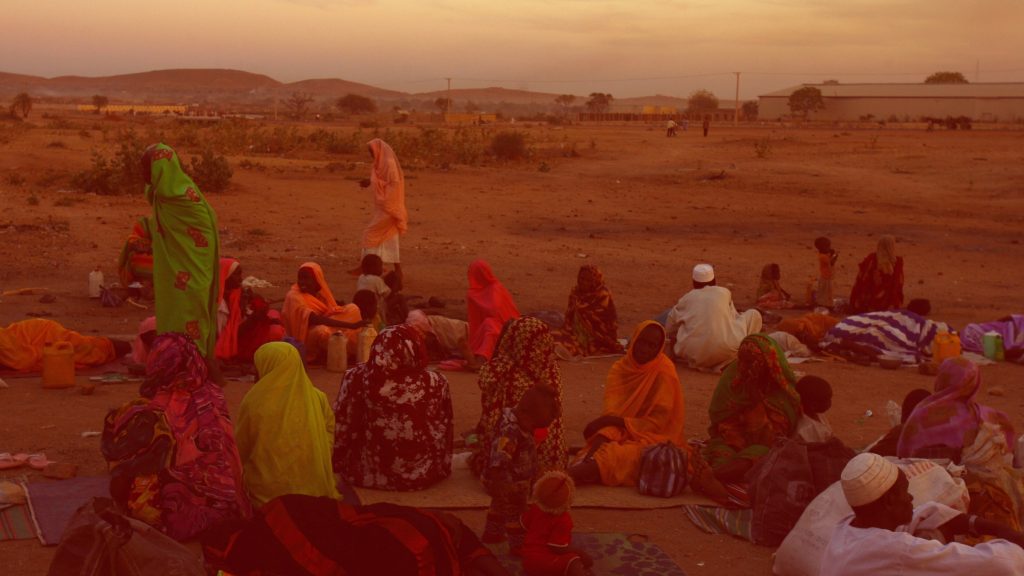
Sudan’s ongoing civil war has devastated its healthcare system, leaving many regions without medical services, health authorities are leveraging AI Replacing Doctors in war torn countries to impact and save lives.
The nearly two-year civil war in Sudan plunged the nation into a healthcare crisis, dismantling medical infrastructure and claiming the lives of dozens of doctors. With countless hospitals destroyed or looted, many regions remain cut off from basic medical services, pushed authorities to adopt AI technologies to address critical shortages of medical personnel and resources.
With any AI medical diagnosis tool, Sudan will be able to provide life-saving healthcare to areas otherwise unreachable, to settle conflict-driven health challenges.
AI Replacing Doctors in Conflict Zones
For the Sudan Health System, many of its facilities are either utterly destroyed or looted. The Federal Ministry of Health Director of Therapeutic Medicine Al-Moghirah Al-Amin Gad Al-Sayed addressed how AI solutions to the Sudan crisis can fill the gap created by such deplorable situations.
“In places where no doctor is available to interpret an X-ray image, AI can interpret a patient’s image against thousands of stored examples and make a diagnosis,” Al-Sayed told SciDev.Net., demonstrating the AI’s accuracy by training it with volumes of medical data and human expertise.
This question of will AI replace doctors in war zones comes amid an exodus of medical professionals in Sudan.
Even before the conflict, the country was facing the problem of migration of doctors. Since April 2023, 50 medical personnel have been killed in attacks by a paramilitary organization known as the Rapid Support Forces on health centers, further exacerbating the crisis.
Challenges Deepened with Conflict
The war has also catalyzed antimicrobial resistance with patients turning to the blind use of antibiotics in the absence of proper medical advice, resulting in the development of resistant microbes, Al-Sayed says, describing it as a loss of one of medicine’s most important tools.
In Sudan’s situation, whether doctors will be replaced by AI or not, could have immense reverberations on disease diagnosis and replacing the shortage of medical workers. Al-Sayed emphasized that medicines, medical devices, and health workers are urgently needed. In sending neutral parties into conflict zones to vaccinate people where traditional healthcare systems fail, innovative solutions are also called for.
Médecins Sans Frontières, or MSF, has provided considerable support to hospitals in safer areas, but Al-Sayed urged greater donor support for continued aid in conflict zones.
Overlooked Crisis and Broader Challenges
Al-Sayed protested the indifference of the world community to Sudan’s suffering as contrasted with the interest the media showed in other crises. “The world sympathizes with the ugliness of Israeli crimes involving children in Gaza… while in Sudan we have thousands of stories that are more horrible, but do not receive the same attention,” he said.
Beyond the conflict, climate change has worsened Sudan’s humanitarian crisis: torrential rains and floods since June 2023 have displaced thousands and triggered outbreaks of cholera, scorpion infestations, and other health crises. These neutral healthcare delivery issues point to an increased imperative for international intervention and innovative responses, such as AI replacing doctors, toward the increasing health gaps.
Inside Telecom provides you with an extensive list of content covering all aspects of the Tech industry. Keep an eye on our Medtechsection to stay informed and updated with our daily articles.